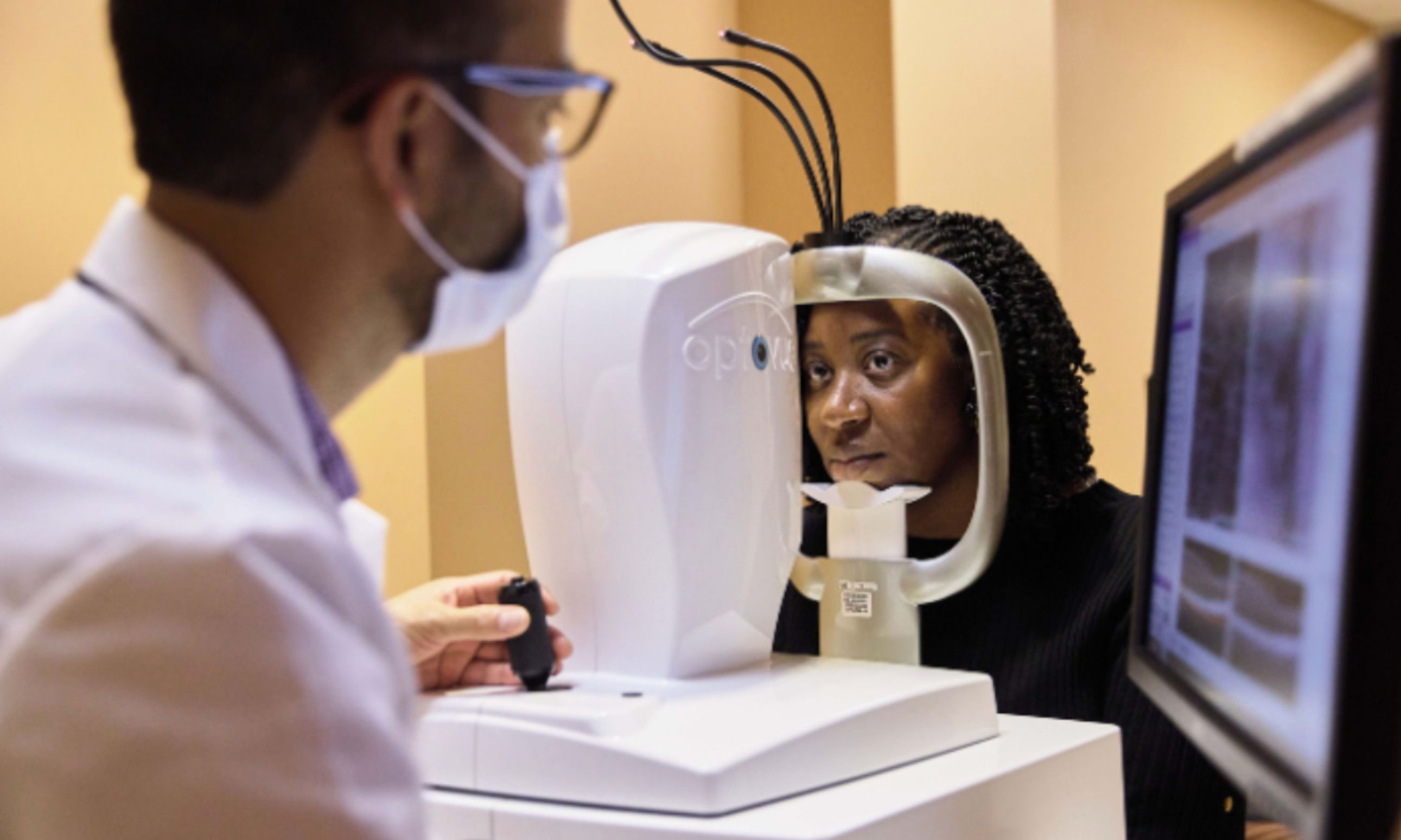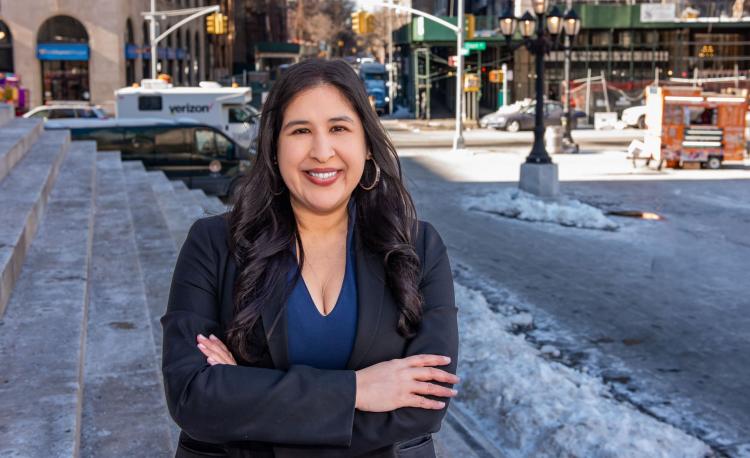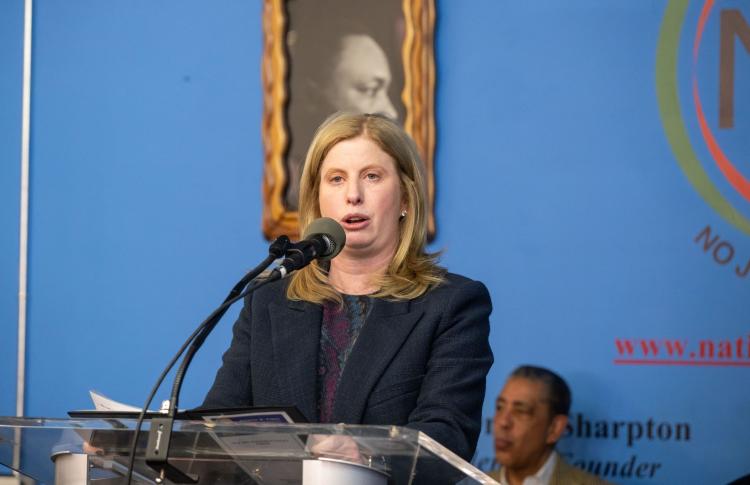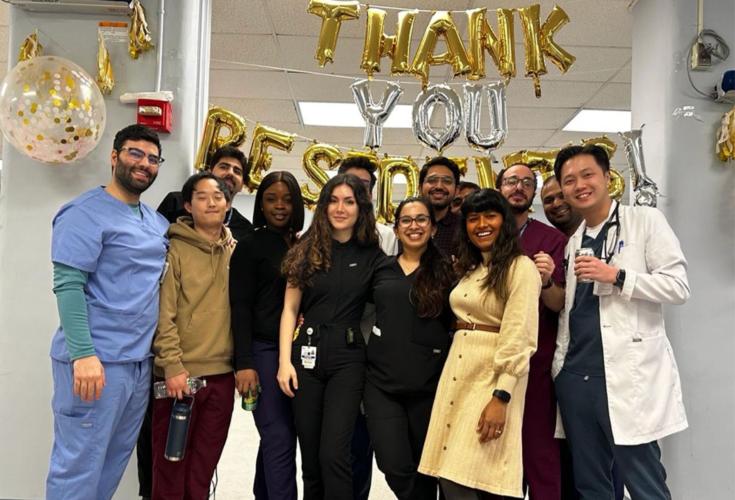
Mount Sinai Receives $5 Million Gift for the Center for Ophthalmic Art
Mt. Sinai
Mount Sinai Receives $5 Million Gift for the Center for Ophthalmic Artificial Intelligence and Human Health
The Icahn School of Medicine at Mount Sinai has announced a major $5 million gift from the John and Daria Barry Foundation to support its groundbreaking Center for Ophthalmic Artificial Intelligence (AI) and Human Health. As a result of this donation, the center will now be named "The Barry Family Center for Ophthalmic Artificial Intelligence and Human Health."
Founded in 2023, the Center is dedicated to advancing vision care through the use of AI technologies, particularly in primary care settings. The gift will fund research into early diagnoses of eye diseases and develop new tools for assessing systemic health conditions that are linked to eye disorders.
A Transformative Gift
"We are extremely grateful to the Barry family for their generous and transformational gift to spur the growth and success of our innovative Center," said Dr. James C. Tsai, Chair of Ophthalmology at Icahn Mount Sinai and President of the New York Eye and Ear Infirmary of Mount Sinai (NYEE). "We have made advances in raising the standard of vision care with new medical technologies that are expanding the boundaries of ophthalmic care for all of human health."
Daria Barry, co-founder of the Barry Foundation, emphasized the importance of supporting AI research in ophthalmology, stating, "By supporting Mount Sinai’s Center, we aim to enable earlier diagnoses and more effective treatments while ensuring that cutting-edge technology is accessible to all. We are proud to be part of this transformative initiative."
Founded in 2023, the Center is dedicated to advancing vision care through the use of AI technologies, particularly in primary care settings. The gift will fund research into early diagnoses of eye diseases and develop new tools for assessing systemic health conditions that are linked to eye disorders.
Investing in Research and Education
The Barry Foundation’s donation will not only fuel research but also bolster the Center’s clinical programs, particularly in ensuring equity in primary care-based vision care. The funds will also be used to recruit key talent, including a new director and an AI scientist, as well as to establish one of the first clinical fellowship programs in ophthalmic AI and digital health.
AI-Powered Diagnosis and Early Intervention
Partnering with the Windreich Department of Artificial Intelligence and Human Health, the Center is integrating AI into both patient care and medical education. The goal is to facilitate rapid diagnoses of eye conditions like glaucoma, macular degeneration, and diabetic retinopathy, which can lead to vision loss if untreated.
More broadly, AI tools are being developed to detect systemic health conditions such as heart disease and stroke through eye exams. Mount Sinai researchers have discovered that certain deposits beneath retinal cells may be early warning signs of cardiovascular and neurological conditions, opening new doors for early intervention.
Pioneering New Clinical Programs
Three key initiatives are driving innovation at the Barry Family Center:
-
Tele-retina Program: Primary care physicians use portable cameras to capture high-resolution images of patients' retinas during routine exams, which are analyzed using AI to detect early signs of disease.
-
Tele-consult Program: Through a telemedicine platform, ophthalmologists can provide fast diagnoses for eye emergencies without needing in-person consultations, improving access to care.
-
Acute Eye Stroke Program: A new program that uses advanced imaging to diagnose eye strokes (central retinal artery occlusion) in real-time, in collaboration with emergency departments across Mount Sinai.
These initiatives leverage AI to analyze large datasets and uncover critical ocular biomarkers, enhancing both treatment and prevention strategies.
Looking Ahead
Mount Sinai's AI-driven approach is revolutionizing the field of ophthalmology, not just in terms of vision care but in understanding broader health conditions linked to eye diseases. This transformative gift from the Barry family is expected to push the boundaries of both ophthalmic care and AI’s role in healthcare overall.








